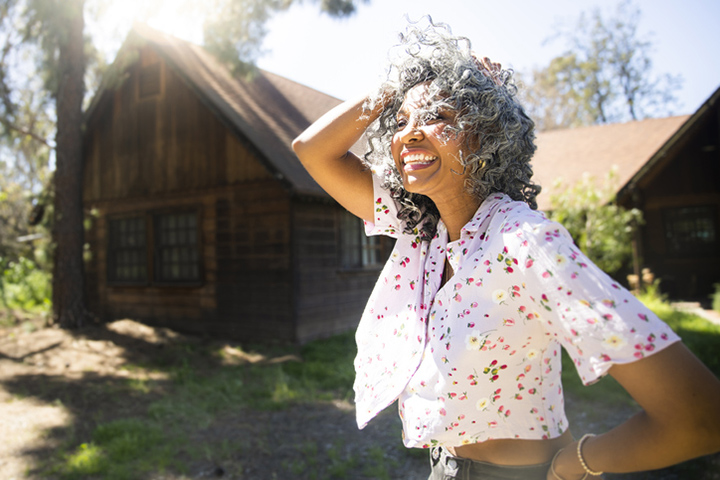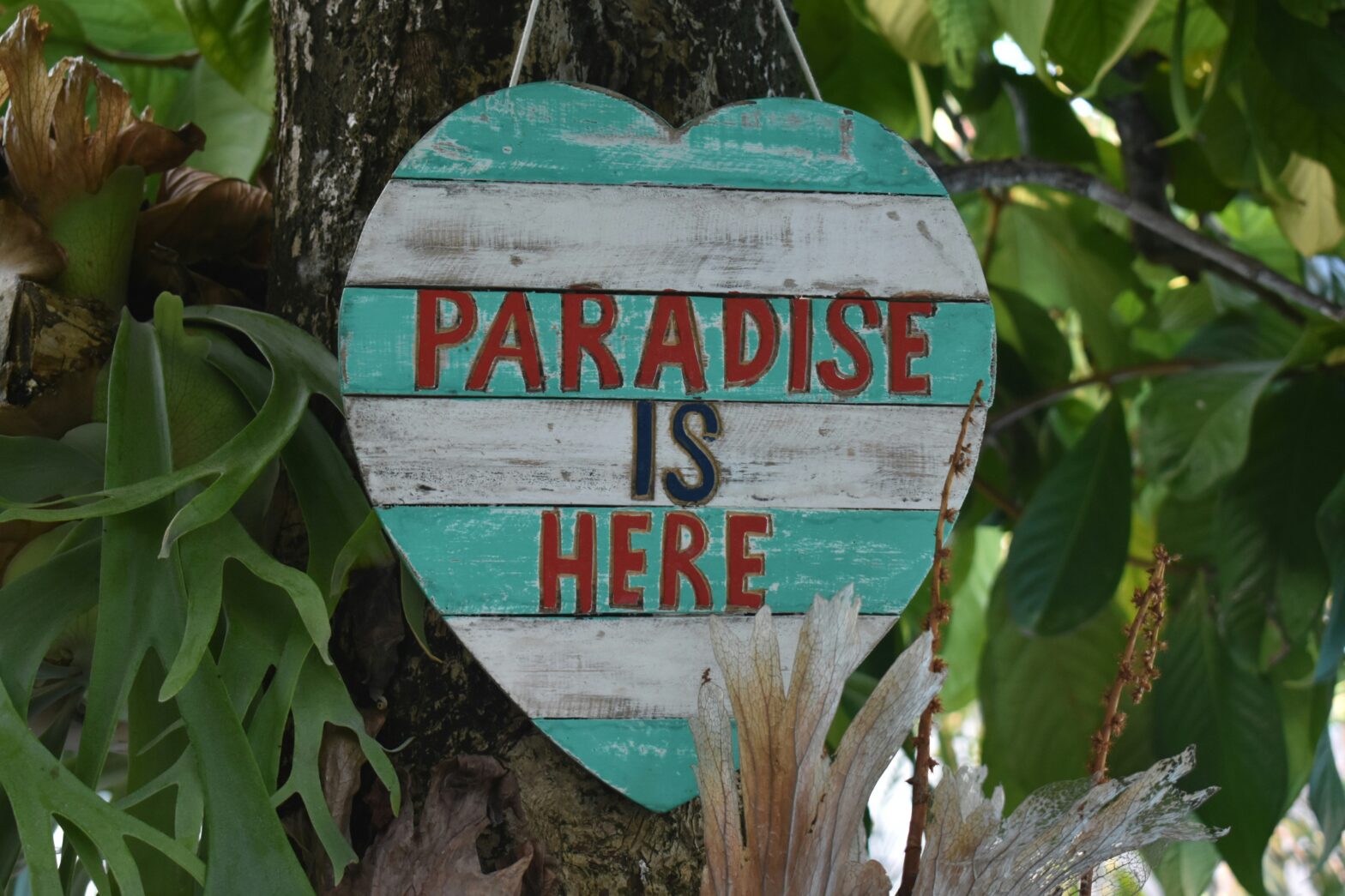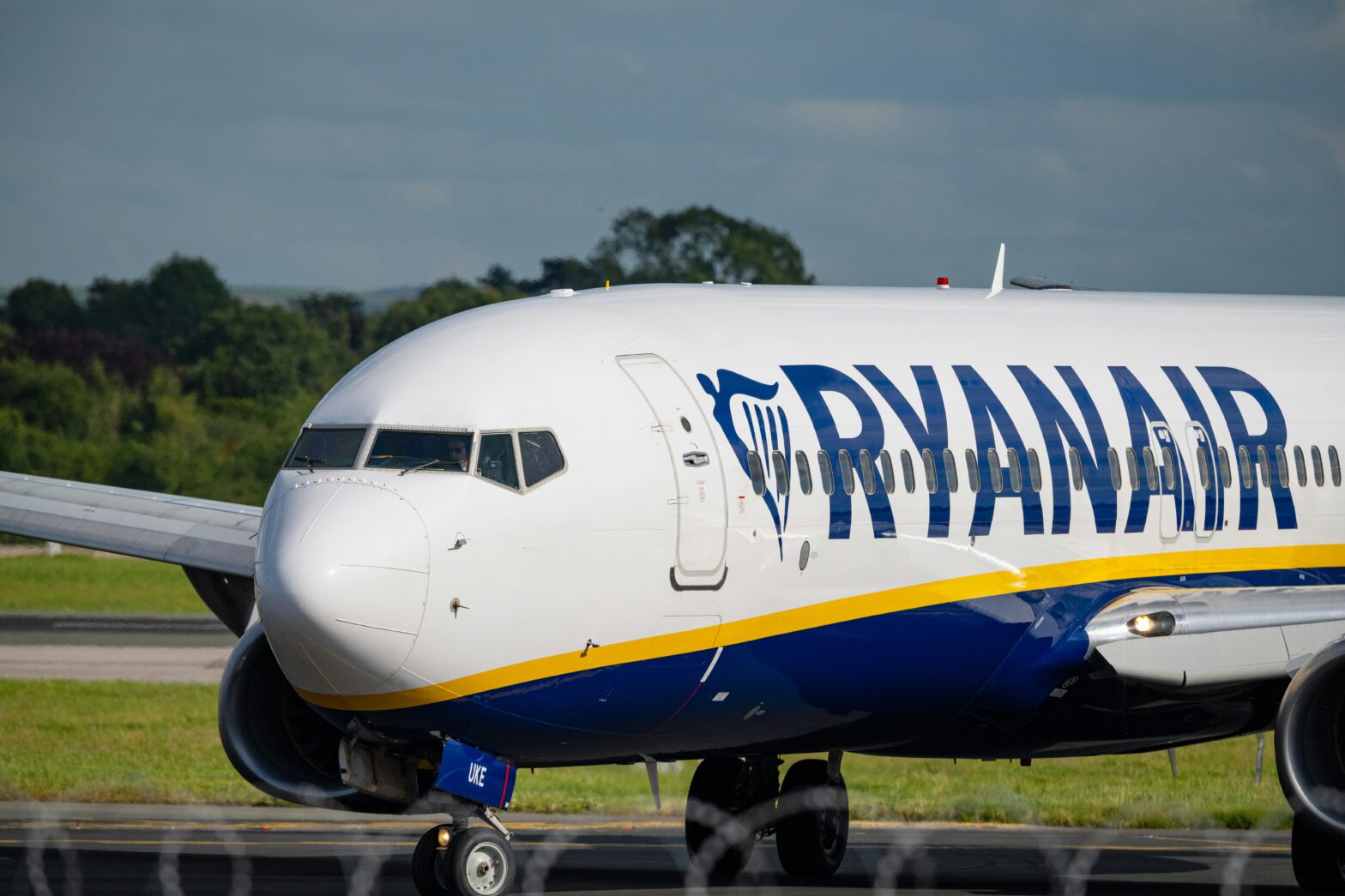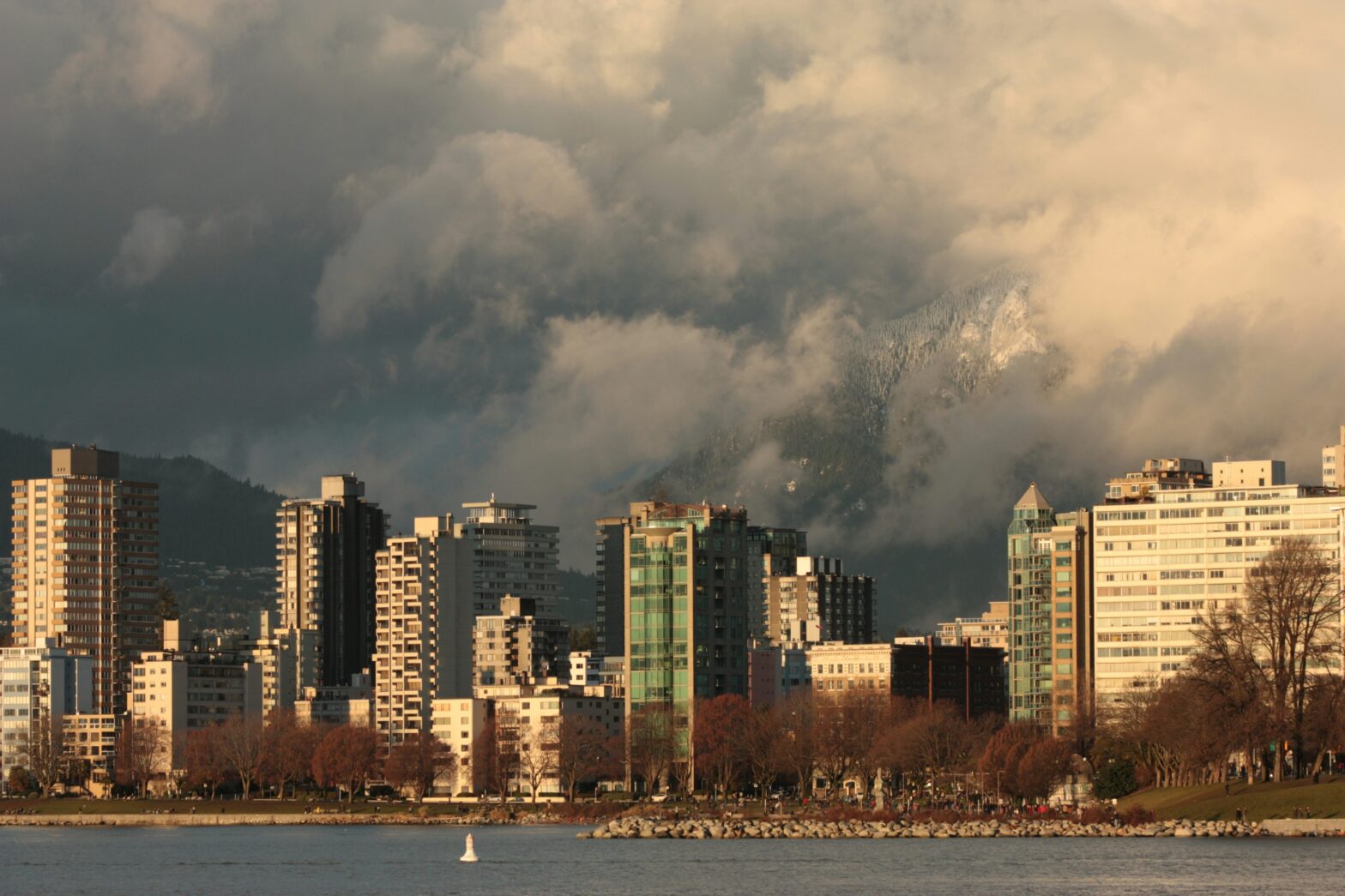With environmental and political concerns growing daily, living off the grid sounds very appealing. The term refers to a completely self-sufficient way of living without any dependence on public utilities or institutions. Since it’s very difficult, and in some cases illegal, to live off the grid in the States, going abroad may be your best option. However, before you start saving up for that solar-powered cabin the woods, here are a few things to consider.
RELATED: Expat Life: 5 Things To Consider When Choosing Where To Live Abroad
Finding The Right Location
Many areas won’t let residents live in a house without utilities, so you will need to find a place that is remote enough to avoid this restriction. The challenge in location is also in finding enough land to support your needs. You’ll need space for a water source, livestock, and waste management.
Sourcing Food
Unless you are a seasoned farmer, learning how to source your own food is one of the biggest challenges. You will need to learn to cook from scratch and understand food preservation. Growing enough food to have a balanced diet is difficult, so make sure you understand the full demands of sourcing your own food before jumping into off-grid living.
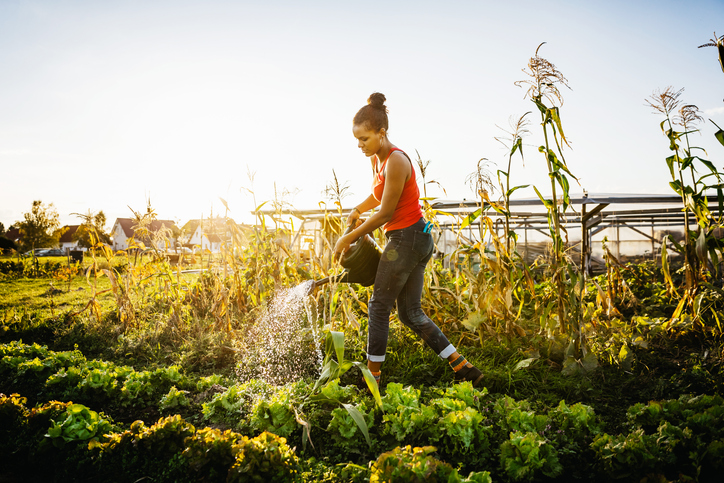
Fresh Water
If you are lucky, you will find a place near a freshwater source. But this is difficult. Most off-gridders have to create a well and use hand pumps to access freshwater. Make sure you check on the legalities of pumping fresh water for the use of livestock before purchasing the land.
Finding The Time
Being completely self-sufficient is the equivalent of multiple full-time jobs. From harvesting food to raising livestock, and management of your home, you will need to be an expert organizer and planner. You will have to plan months and even years in advance to make sure your future is set.
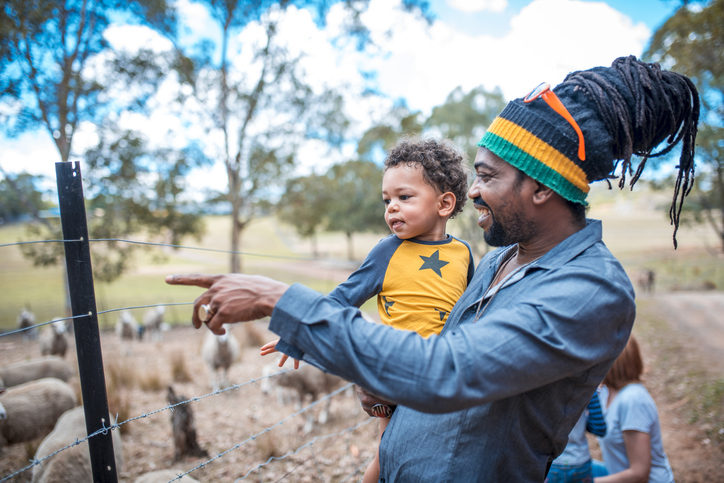
RELATED: 5 Pieces Of Advice For Black Expats Who Are About To Make The Move
Cost
Many people associate off the grid living with cheaper living, but that is not necessarily the case. Especially when it comes to upfront costs, things like purchasing the land and setting up power will run you tens to hundreds of thousands of dollars. Make sure this is a lifestyle you are ready to commit to and start putting aside ample saving
